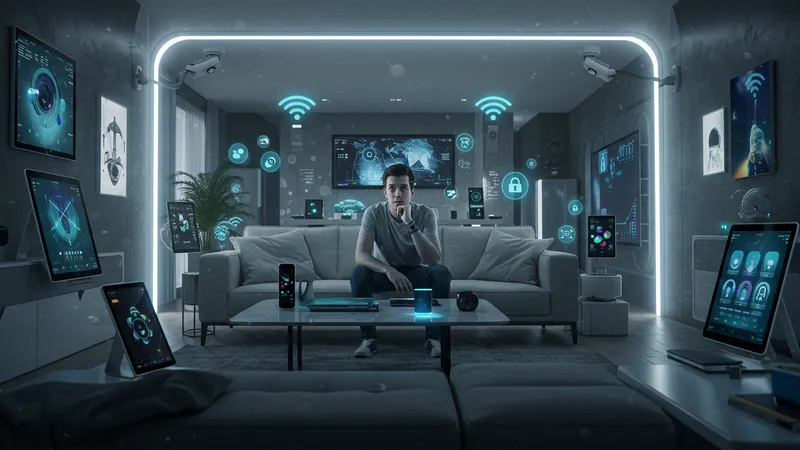
Smart Home Security Systems For 2025: What Pros Recommend
The Unintended Consequences: Are Smart Homes Too Smart?
While the perks of smart security systems are enticing, it’s vital to address the unintended implications of living in an ultra-connected home. One area of concern is the psychological impact of constant surveillance. How does ubiquitous monitoring affect the sense of privacy—or does it simply redefine it altogether? This dichotomy leaves space for a societal debate that is far from resolved.

Then, there’s the question of dependency on smart systems. As homes become more intelligent, there’s a risk of over-reliance, weakening basic human skills like memory, navigation, and security vigilance. Are we on the cusp of a revolution, or are we unwittingly crafting our digital cages? This technological paradox challenges the very essence of convenience.
Moreover, the learning curve remains a barrier for many users, especially those unfamiliar with tech nuances. Initial resistance to tech adoption could polarize households, leaving the tech-savvy and the tech-averse in conflict over control and comfort. Despite its promise, tech literacy must rise universally for smart systems to truly unite human habitats.
But here’s a revelation that turns the table once more: some of these innovations tend to outpace their creators’ control. Autonomous actions by interconnected devices sometimes lead to unexpected outcomes, echoing a narrative where the technology we make evolves beyond expected bounds. It’s a scenario that demands caution but also beckons relentless curiosity to discover what lies next.